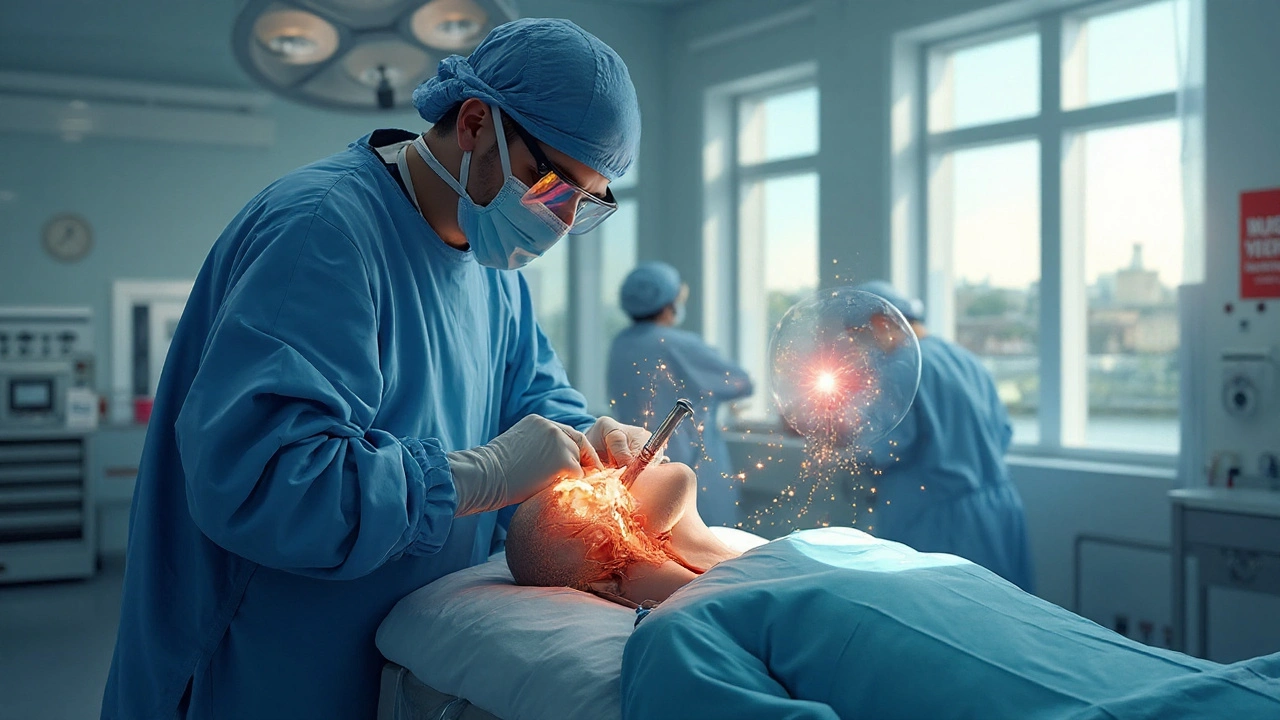Head Injury and Urinary Dysfunction: Quick Guide
If you or someone you love has suffered a head injury, you might notice odd bathroom habits. Suddenly needing to pee all the time, or being unable to go at all, can feel scary. The good news? It’s a known side effect of brain trauma, and there are clear ways to deal with it.
Why a Head Injury Messes With Your Bladder
The brain talks to the bladder through nerves that run from the spinal cord up to the cortex. When a concussion, bleed, or swelling hits the skull, those pathways can get disrupted. Depending on where the damage is, you might get an overactive bladder (you feel the urge too often) or an underactive one (you can’t empty fully).
Common culprits include:
- Frontal lobe bruising – the area that decides when it’s time to go.
- Brain stem injury – the relay station for all automatic body functions.
- Spinal cord involvement – if the impact pushes down the cord, the bladder loses its command line.
Even a mild concussion can tip the balance for a few weeks while the brain heals. That’s why doctors often ask about bathroom patterns during follow‑up visits.
Practical Steps to Manage Urinary Problems
First, get a proper assessment. A urologist or neuro‑rehab specialist can run a simple bladder diary and maybe a post‑void residual test (a quick ultrasound to see how much urine stays inside). Knowing whether the bladder is over‑ or under‑active tells you which treatment fits.
Here are everyday tricks that help most people:
- Timed voiding: Set a schedule (every 2‑3 hours) and stick to it, even if you don’t feel an urge. This trains the bladder and reduces leaks.
- Fluid management: Drink enough to stay hydrated but avoid large amounts right before bed. Cutting caffeine and alcohol can calm an overactive bladder.
- Pelvic floor exercises: Simple squeezes (like stopping a stream of urine) strengthen the muscles that hold urine in. Do them a few times a day.
- Medication: Doctors may prescribe anticholinergics for overactivity or alpha‑blockers for underactivity. Always discuss side effects.
- Catheter options: If you can’t empty fully, a short‑term catheter or a clean intermittent catheter can prevent infections.
Remember, sudden changes in bathroom habits after a head injury deserve medical attention. Infections, kidney stones, or other complications can sneak up if you ignore the signs.
Recovery is a marathon, not a sprint. Most people see improvement as swelling goes down and the nervous system rewires. Keep track of what works, share the data with your doctor, and stay patient. Your bladder will thank you for the consistent care.
Got more questions? Talk to a healthcare professional who knows both brain injury and urology. The right mix of assessment, lifestyle tweaks, and, if needed, medication can get you back to a normal routine faster than you expect.
- Celeste Farnell
- 25-09-25
- Health & Medicine
How Head Injury or Brain Surgery Triggers Neurogenic Bladder Problems
Explore how head trauma and cranial surgery lead to neurogenic bladder, causing retention or incontinence, and learn diagnosis and treatment options.
Details